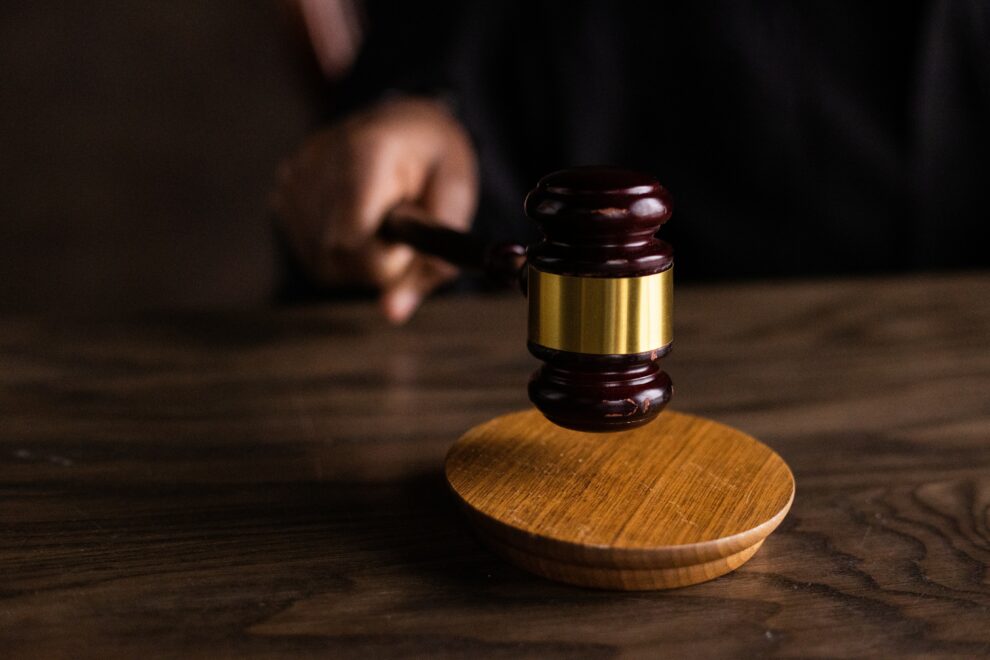In Indiana, tort law handles personal injury claims. This type of law is designed to compensate for physical and emotional harm caused by someone else’s negligence or intentional wrongdoing.
If you have been injured in an accident due to another person’s negligence, you can file a claim with the help of an experienced Gary, IN personal injury lawyer. In this article, we will discuss what you need to know about Indiana’s tort laws so that you can make informed decisions when seeking damages from those responsible for your injuries.
Types of Damages Available under Indiana Law
When filing a lawsuit against a negligent party under Indiana tort law, two types of damages are available: compensatory and punitive.
Compensatory Damages
Compensatory damages are intended to reimburse victims for any financial losses they incurred due to the incident in question, such as:
• Medical bills
• Lost wages
• Pain
• Suffering etc.
Punitive damages
Punitive damages serve as punishment for incredibly reckless behavior on the part of the defendants. Not all cases will qualify for both types of awards; some only permit compensatory damage awards, while others may allow both depending on their particular facts and circumstances.
Statute of Limitations
The limitation period for personal injury claims in Indiana is two years after the incident. This means that you must file your lawsuit within two years from when it occurred, or else you will be barred from recovering any compensation for your injuries.
As a result, it is crucial to consult with a knowledgeable IN personal injury lawyer as soon as you are hurt to ensure all deadlines are met. Other deadlines may also be applicable depending on who caused the accident and the type of claim you are filing.
Comparative Negligence Rule
Under Indiana tort law, if both parties were negligent, they can still collect damages but only up to a certain point based on their degree of responsibility for causing the incident in question.
This concept is known as comparative negligence. Courts across Indiana use the modified comparative fault doctrine when determining how much compensation should be awarded in a given case.
If a plaintiff is found to be partially responsible for their injuries, then they will not receive full damages; instead, their award amount will be reduced by an amount equal to their percentage of fault (e.g., if they were 25% responsible for causing the accident then their damage award would be reduced by 25%). However, if an individual’s fault percentage exceeds a certain threshold, the court bars them from recovery.
Proving Liability
To succeed in a personal injury case, the plaintiff must prove that the defendant was negligent and that their negligence directly caused or significantly contributed to their injuries.
To do so, they must show evidence of four elements: damages, breach of duty, duty of care, and causation. Duty of care means that the defendant had an obligation to act in a certain way; breach of duty means that this obligation was not fulfilled; causation shows how the incident resulted from this failure; and damages demonstrate what losses were suffered due to said incident.
An experienced Indiana personal injury attorney can help you gather all the necessary evidence to establish these four elements.
The Bottom Line
Suppose you have been injured due to someone else’s negligence. In that case, you need to understand your rights under Indiana tort law to make informed decisions about seeking compensation from those responsible for your injuries.
By understanding what types of damages are available under Indiana law, familiarizing yourself with deadlines such as the statute of limitations, and knowing how comparative negligence works when it comes time for determining who is eligible for awards and how much they should receive, you will be better equipped when filing a lawsuit against those responsible for your injuries.
An experienced personal injury lawyer in Indiana can also provide you with invaluable assistance throughout the legal process and help ensure that all applicable deadlines are met. Hence, speaking with one as soon as possible after being injured is crucial to give yourself the best chance at recovering total compensation for your losses.
